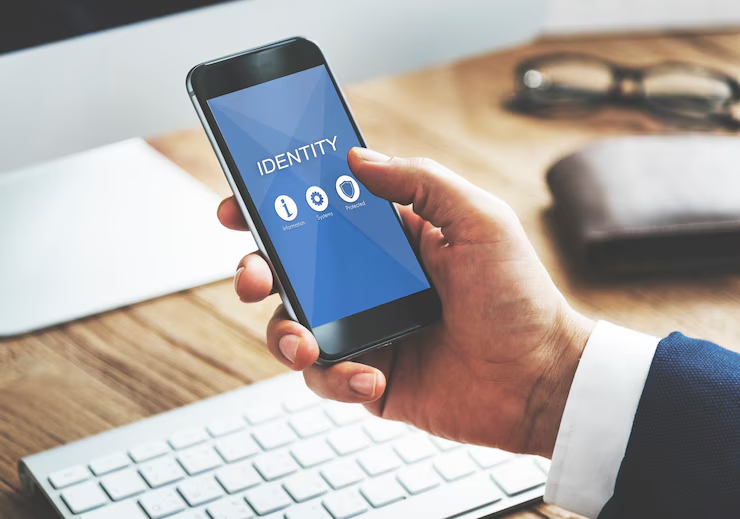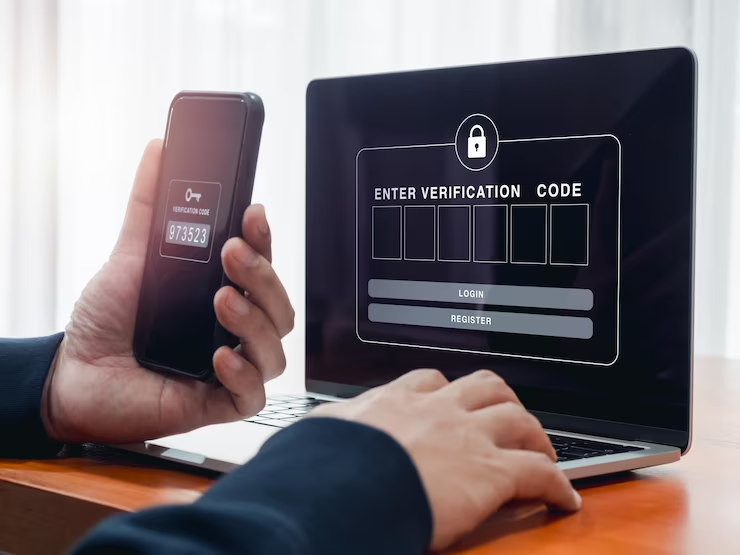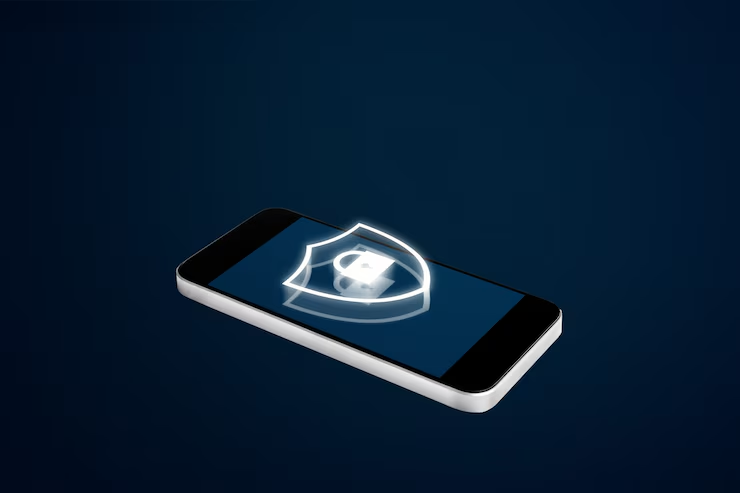Smartphones have become an essential part of our daily lives.Secure Your Smartphone Easy Privacy Settings. We use them for everything communicating banking shopping social media and storing personal information. With so much sensitive data at our fingertips securing your smartphone is more important than ever.Securing your smartphone is crucial to protect your privacy and personal. IAnformation. By applying these easy privacy settings and habits anyone can greatly reduce their risk of cyberattacks and data breaches
If youre worried about your privacy or just want to ensure your data stays safe the good news is that protecting your smartphone doesnt have to be complicated. This guide will walk you through easy practical privacy settings anyone can use regardless of your tech expertise.
Smartphone Security Matters

Every day millions of smartphones are targeted by cybercriminals. Hackers use various tactics to steal your personal information track your location or access your accounts. Without proper security measures you risk
- Identity theft
- Unauthorized financial transactions
- Privacy invasions
- Loss of sensitive data
- Malware infections
Fortunately modern smartphones come with built-in privacy settings designed to help protect you. By enabling and customizing these settings you can significantly reduce your risk.
Set a Strong Screen Lock
Your first line of defense is securing access to your device itself. Always use a strong screen lock method such as
- PIN Choose a number code longer than 4 digits.
- Password Use a mix of letters, numbers, and symbols.
- Pattern Select a unique pattern that is hard to guess.
- Biometric Locks Use fingerprint or facial recognition if available.
Avoid simple or easy to guess PINs like 1234 or 0000. Also never leave your phone unlocked in public places.
Use Two Factor Authentication (2FA)

Many apps and accounts offer two factor authentication which adds an extra security step beyond your password. When enabled youll need to provide a one time code sent to your phone or email whenever you log in from a new device.
Enable 2FA on important accounts like
- Email
- Banking apps
- Social media platforms
- Cloud storage services
This significantly decreases the chances of unauthorized access.
Control App Permissions
Apps often request access to your camera microphone contacts location and other data. While some permissions are necessary for an app to function properly others might be intrusive.
- Review permissions regularly Go to your phones settings and check which apps have access to sensitive features.
- Disable unnecessary permissions For example a simple game likely doesnt need access to your microphone or contacts.
- Avoid granting permissions just because: Only approve permissions when you fully trust the app and understand why it needs access.
On Android you can manage this in Settings Apps & notifications Permissions. On iPhone check under Settings > Privacy.
Enable Find My Device Features
In case your phone is lost or stolen Find My Device features help you locate lock or erase your phone remotely.
- Android Use Googles Find My Device
- iPhone Use Apples Find My app
Make sure these services are turned on so you can react quickly if your device goes missing.
Keep Your Software Updated
Software updates are not just about new features they include important security patches that fix vulnerabilities.
- Enable automatic updates for your operating system and apps.
- Regularly check for updates manually if automatic updates are off.
- Update apps only from official stores like Google Play or Apple App Store.
Running outdated software leaves your phone exposed to known security risks.
Use Secure Wi Fi and VPNs
Public Wi Fi networks can be convenient but also dangerous. Hackers often set up fake networks or intercept data on public Wi-Fi.
- Avoid conducting sensitive activities like banking over public Wi Fi.
- Use a trusted VPN (Virtual Private Network) app to encrypt your internet traffic and protect your privacy when on public networks.
- Turn off Wi-Fi auto connect to prevent your phone from connecting automatically to unsafe networks.
Turn Off Bluetooth and Location When Not in Use
Leaving Bluetooth or location services active when you dont need them can expose you to tracking or unauthorized connections.
- Disable Bluetooth when not in use to avoid unwanted pairing requests.
- Limit location access to apps that truly need it and turn off location services when unnecessary.
- On Android check Settings Location. On iPhone go to Settings Privacy Location Services.
Manage Notifications Privacy
Notifications often display message previews or sensitive info on your lock screen which others can see.
- Customize notification settings to hide sensitive content on the lock screen.
- On Android this can be done in Settings Notifications Lock Screen.
- On iPhone check Settings Notifications Show Previews and set it to When Unlocked or Never
Use Encrypted Messaging Apps
Not all messaging apps are equally secure. Choose apps that offer end to end encryption to protect your conversations from being intercepted.
Popular encrypted messaging apps include:
- Signal
- WhatsApp
- Telegram (Secret Chats only)
Encrypted apps ensure that only you and the person youre messaging can read the messages.
Regularly Back Up Your Data
Backups protect your important data in case your phone is lost stolen or damaged.
- Use cloud services like Google Drive or iCloud for automatic backups.
- Make sure backups are encrypted and protected with strong passwords.
- Regularly check that backups are up to date.
Additional Tips for Smartphone Security
Beware of Phishing Scams
- Don’t click on suspicious links or download attachments from unknown sources.
- Verify the sender before responding to unexpected messages.
Avoid Jailbreaking or Rooting Your Phone
- These actions remove built in security restrictions and make your phone more vulnerable to malware.
Use Strong Unique Passwords for Apps and Accounts
- Consider using a password manager to create and store complex passwords safely.
Conclusion
Securing your smartphone is crucial to protect your privacy and personal. Information. By applying these easy privacy settings and habits anyone can greatly reduce their risk of cyberattacks and data breaches.
Remember smartphone security isnt just about installing an app its about adopting a mindset of caution and control over your digital life. Start with these steps today to keep your data safe secure and private.



